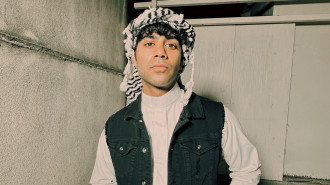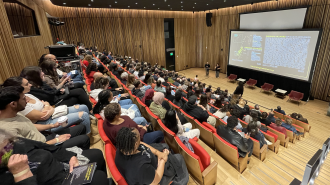A house but not a home: Refugees in Britain long for community amid Covid-19
Among the deceased were two children and a 15-month-old infant. This devastating episode has led to renewed calls for the UK Government to provide safe passage for refugees, to avoid any future catastrophes
But even for those who have made it into Britain, conditions are oftentimes gruelling – something Covid-19 has only exacerbated. For instance, the Home Office is now housing asylum seekers at former military barracks in Penally, Wales and in Folkestone in Kent. It says this is a "temporary arrangement" due to the present "emergency situation" which has seen "the system...blocked."
Residents of the Penally camp have complained about the "very difficult [living] conditions" there. They describe the showers and toilets as being located "far away" and say there is a lack of soap and hand sanitiser.
Many have compared the accommodation to a "prison," and Stand Up to Racism West Wales asserts that the arrangement is "an immediate threat to both physical and mental health."
 |
The plight of Middle Eastern refugees in Europe is firmly back on the agenda after a Kurdish-Iranian family of five tragically died attempting to cross the English Channel last month |  |
For Khaled*, a Syrian man currently living at the Penally barracks, the focus is on mental wellbeing. Speaking to The New Arab, he highlighted that he and his compatriots "didn't come here for money or luxury houses. We are here to live a normal life." Of course, this includes the basics, like freedom from the "cold" rooms they're living in, but otherwise, Khaled says refugees desire to "integrate into society" and "employ their abilities in service" of it.
This is what is missing from the debate and what obscures the loneliness epidemic gripping refugees and asylum seekers nationwide. Loneliness will undoubtedly always be an issue, given that refugees leave friends and family behind halfway across the world. Nevertheless, an inability to fully join their new society by living in the community and keeping a job aggravates the problem.
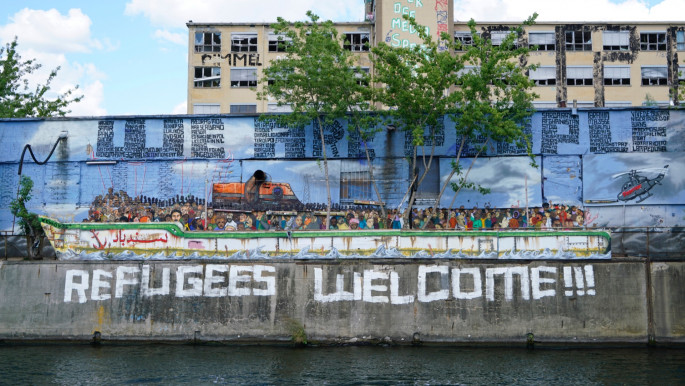 |
|
| 'No one should be left to die': Fighting to protect refugees in Europe amid Covid-19 |
In at least one case, an asylum seeker who was moved into a Glasgow hotel for lockdown in April committed suicide. Those placed there reportedly later raised concerns about "psychological isolation," and a friend of the deceased said that after arriving at the guest house, his flashbacks to the torture he had suffered intensified. Such housing is not a home – it cannot provide stability.
But even for those residing in permanent accommodation, the pandemic has taken a disproportionate toll. Aisha and her three daughters arrived in the UK two years ago. They are happy to have been accepted as refugees, but Aisha says her children's inability to socialise with classmates outside of school is hampering their development.
They have "no family, no friends, no one who can get to know them" in their new locale. While, admittedly, everyone's social life has been fragmented by the albeit necessary coronavirus restrictions, Aisha's family has been prevented from starting theirs.
Their estrangement from the wider community also has a knock-on educational impact. Aisha's eldest daughter is sixteen and in her GCSE year. The reduced time she has to spend immersed in English has stunted her linguistic development, leaving her anxious and distressed about school. "She's a smart girl," her mother remarks. "But she says to me, 'Mum, I know the answer, but I don't know how to say it in English!'"
 |
A focus on material needs often obscures the loneliness epidemic gripping refugees and asylum seekers nationwide |  |
Fatima, a 30-year-old Syrian-Kurdish refugee who came to the UK in 2019, tells a somewhat similar story. Upon finding employment in her new city just before the first national lockdown, Fatima was excited to make social connections. She previously had to cut ties with her friends in the Middle East due to security concerns.
Then, lockdown struck: "My life [became] all about working from home," she says. Even over the summer, when restrictions were lifted, given her mother's advanced age, she dared not venture out. "I wish… I could meet new people and feel less lonely," she laments.
While many Britons have turned to mutual aid groups amid the pandemic for both practical and moral support, this requires you to know where to find them. As relative newcomers to their communities, none of the refugees we spoke with were aware such networks existed.
One group many refugees do use is Refugees at Home – a charity which places asylum seekers and refugees with hosts around the UK, providing them housing for free. Sara Nathan, one of the group's founders, believes the scheme is a fantastic means of alleviating loneliness for both host and hosted, including during lockdown. "They're part of your household and you're eating together," she explains, adding that these pairings become "families."
 |
|
| Read more: Moria camp tragedy is a wake-up call for Europe's failed migration policy |
Coronavirus has, however, hindered Refugees at Home's operations. The charity was hosting 120 people at the start of the first lockdown, but as the country shut down for the second time, that number had fallen to 70. This is a far cry from their usual figures.
Moreover, given the particularly intense pressure refugees are now facing, the referrals the charity has been receiving are "getting trickier – with more people with serious mental health problems." Predictably, those who were already mentally ill have deteriorated most, according to Souad Fadel from Refugee Support Devon.
All this is compounded, as many will have spent significant periods without proper emotional support in places like Calais. There, Tia Bush and Clare Moseley of Care4Calais say, "refugees are not 'looked after mentally'… some of the most traumatised people [are] let out of hospital… after barely a day."
Even so, solutions exist. As a general principle, Sara maintains that the Government should allow "asylum seekers [and] refugees to have more autonomy, more decisions about their lives, [and to] be more financially self-sufficient." We should help them integrate into society "rather than demonising, isolating [and] alienating" them.
 |
It's important to remember that refugees' troubles don't end in Calais |  |
Sara, Tia and Clare all reference English lessons favourably. If offered on a large scale, these would be critical in realising the above goals. Indeed, it is not just Aisha's family suffering due to the language barrier. Coronavirus means English skills are vital to making full use of what human interaction is available and for seeking those jobs that remain. After all, refugees frequently work in the sectors the present turmoil has hit hardest, like hospitality.
Notwithstanding the obvious monetary benefit, jobs provide refugees with somewhere to socialise and are symbols of integration and acceptance. As such, finding work engenders positive mental health outcomes. Therefore, measures must be implemented to address the additional barriers coronavirus has placed on their employment.
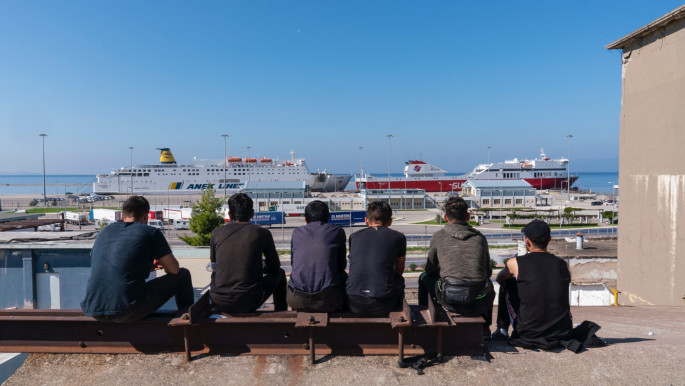 |
|
| The city where young migrants risk everything to escape Greece's immigration nightmare |
As Sara notes, many refugees are medical practitioners, however, because the General Medical Council has "put off… the exams [to validate international doctors] until next year, [many] refugee doctors cannot work."
The British public sees much value in donating money and clothing to charities, and such responses are often lauded by the media. But while physical items are always welcomed by refugees, they also require much more to be emotionally content and to feel part of society.
In any event, Tia and Clare assert that "it's important to remember that refugees' troubles don't end in Calais." The UK must make drastic improvements, they say, and encourage campaigning on the relevant issues. That "is the only way this situation is ever going to change."
* All refugees and asylum seekers' names have been changed to ensure their safety.
Nick McAlpin is a journalist and researcher specialising in Middle Eastern and British politics. He holds an MPhil in Social Anthropology from the University of Cambridge. Follow him on Twitter: @NickGMcAlpin
Milica Cosic is a freelance political journalist and holds a MSc in International Relations. She specialises in the refugee crisis in Europe, particularly Eastern Europe. Follow her on Twitter: @milicac7

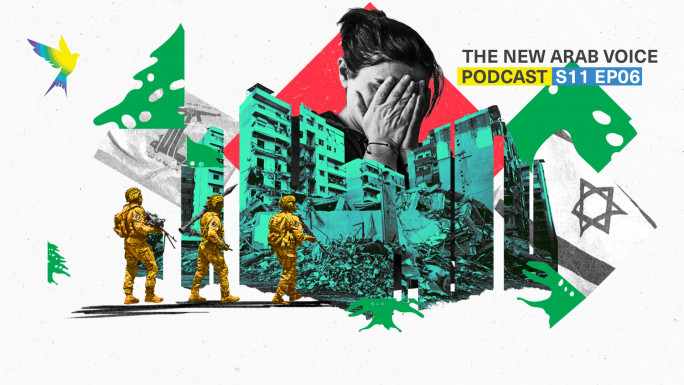
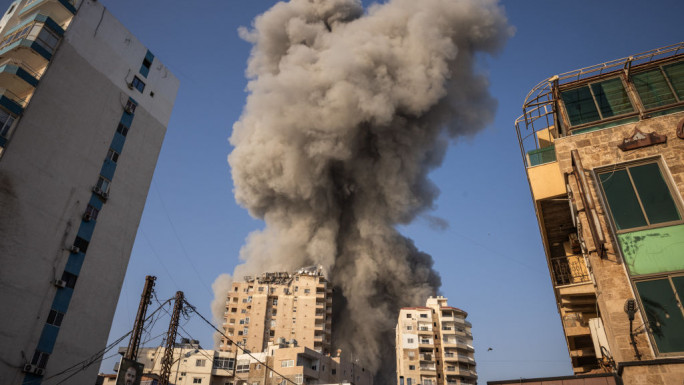
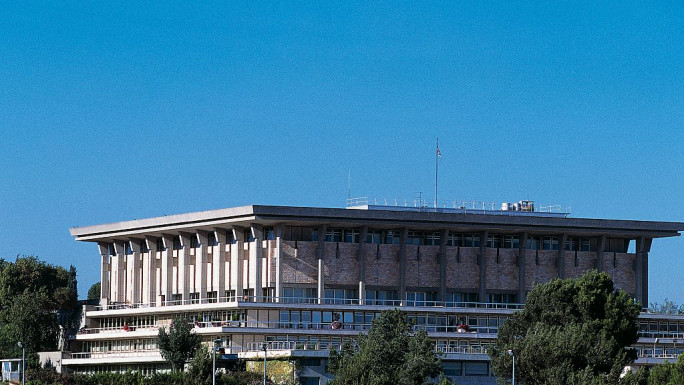
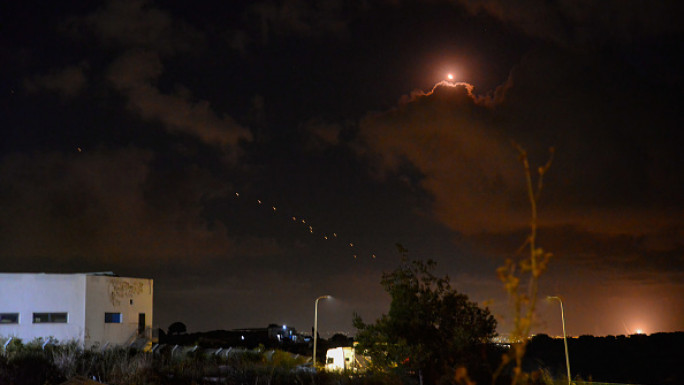
 Follow the Middle East's top stories in English at The New Arab on Google News
Follow the Middle East's top stories in English at The New Arab on Google News

